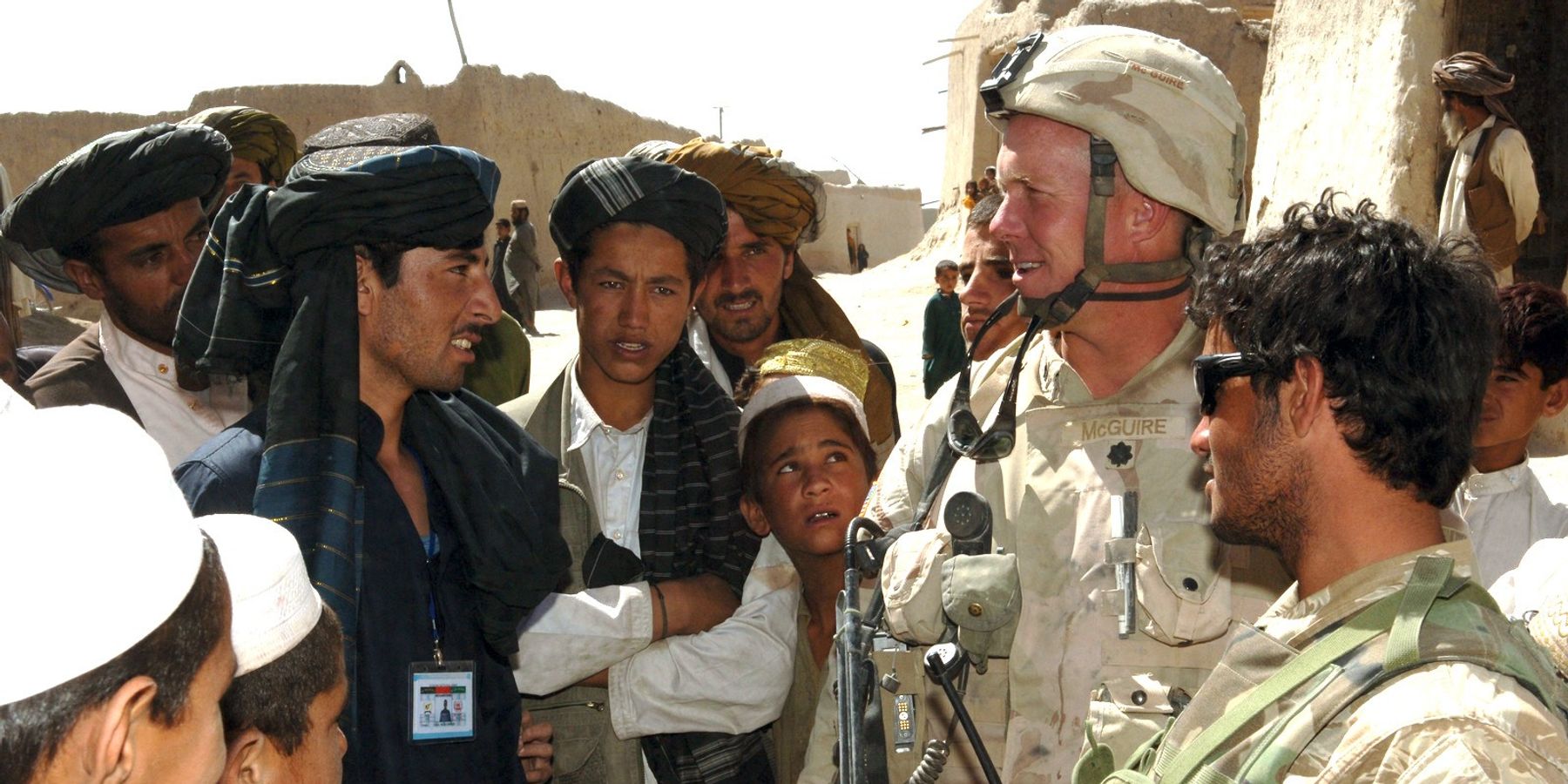Afghans who worked for the U.S. military are still fleeing the Taliban and trying to reach the United States- President Trump's ban on refugees has put their lives, literally, in limbo.
They got a hopeful sign Tuesday when a federal judge blocked President Trump’s executive order suspending the U.S. Refugee Admissions Program (USRAP), a federal program that processes and resettles people fleeing dangerous humanitarian crises abroad.
But a lawyer for the Justice Department has already asked U.S. District Judge Jamal Whitehead to refrain from enforcing his block while the administration considers appealing the case. Whitehead said he will decide on that later, when he issues a formal written order.
Meanwhile, in Taliban-controlled Afghanistan, more than 1,600 former U.S. military allies are waiting for their sanctuary.
Despite the pleas of military veteran groups, Trump’s executive order did not explicitly offer protections for the Afghan Special Immigrant Visa (SIV), a resettlement program created by Congress for Afghan citizens who aided the U.S. mission in Afghanistan — including former military interpreters, contractors, and prosecutors who put Taliban members in prison. Now stranded, these SIV applicants (many of them already vetted for resettlement by the U.S. government) risk violent retribution from the Taliban.
Created in 2006, the Afghan SIV program initially allowed for just 50 visas to be granted per year. That number was increased to around 4,000 in 2009 and then to 26,500 in 2021 after the U.S. withdrew from Afghanistan. The latest round of SIV authorizations is set to expire at the end of 2025 and will require reauthorization from Congress.
Trump’s refugee pause hasn’t stopped the processing of SIV applications, but it has cut off crucial pathways for applicants to reach the United States once approved.
Though SIV is technically a separate program from the U.S. Refugee Admissions Program, its applicants rely on many of the same offices and funding pools that have since been frozen by Trump’s executive order. These include the U.N.’s International Office of Migration and the State Department’s Coordinator for Afghan Relocation Efforts, both of which arrange relocation flights for SIV applicants.
Recent cuts have also forced the closure of resettlement agencies in Qatar and Pakistan, where many Afghans are vetted before coming to the United States. In Pakistan, local authorities are now ramping up efforts to deport refugees back to Afghanistan, which for many would be a death sentence.
Trump made President Biden’s Afghanistan withdrawal a central part of his foreign policy argument during his re-election campaign, calling Biden’s exit, “the most astonishing display of gross incompetence by a nation’s leader, perhaps at any time.” Republicans in Congress excoriated Biden for failing to ensure the safety of former military partners during the Afghanistan withdrawal process.
Now military veterans fear that Trump is now doing the same by failing to honor the SIV program.
“The word spreads and it damages our reputation overseas,” said retired Air Force Lieutenant General John Bradley, whose Lamia Afghan Foundation helps to resettle Afghan refugees.
President Trump has not made any public statements about the status of SIV since issuing his executive order, but pro-Afghan advocates hope that they can elevate the issue by raising bipartisan support. According to the bipartisan veterans PAC With Honor, 84% of Americans say they support resettling Afghan veterans in the U.S.
“Lots of members of congress understand that these people helped our military,” said General Bradley.
Rep. Michael McCaul (R-Texas), chair of the House Foreign Affairs Committee expressed concern last week that former U.S. allies in Afghanistan are being impacted by the refugee pause.
“During its chaotic and deadly withdrawal from Afghanistan, the Biden administration abandoned tens of thousands of our Afghan allies who fought and bled alongside our military,” McCaul said in a Feb. 20 press release on Trump’s cuts to the State Department.
“I urge Secretary Rubio to prioritize honoring the promises we made to those Afghan allies as he works to make State a more effective and efficient department.”
Earlier this month, a group of Democratic senators led by Sen. Amy Klobuchar (D-Minn.) called on the administration to clarify the status of SIV applicants currently in limbo.
“We write with urgent concerns about potential impacts of the Administration’s recent immigration and foreign aid orders on Afghans who supported the U.S. mission in Afghanistan,” said the senators in a letter to key Trump cabinet officials on Feb. 20. “Standing by those who stood with us is a matter of national interest and national honor.”
- 'Now is the time to be angry': Remembering forgotten Afghanistan ›
- Past was prologue, but Afghanistan shows we never learned the lesson ›
















